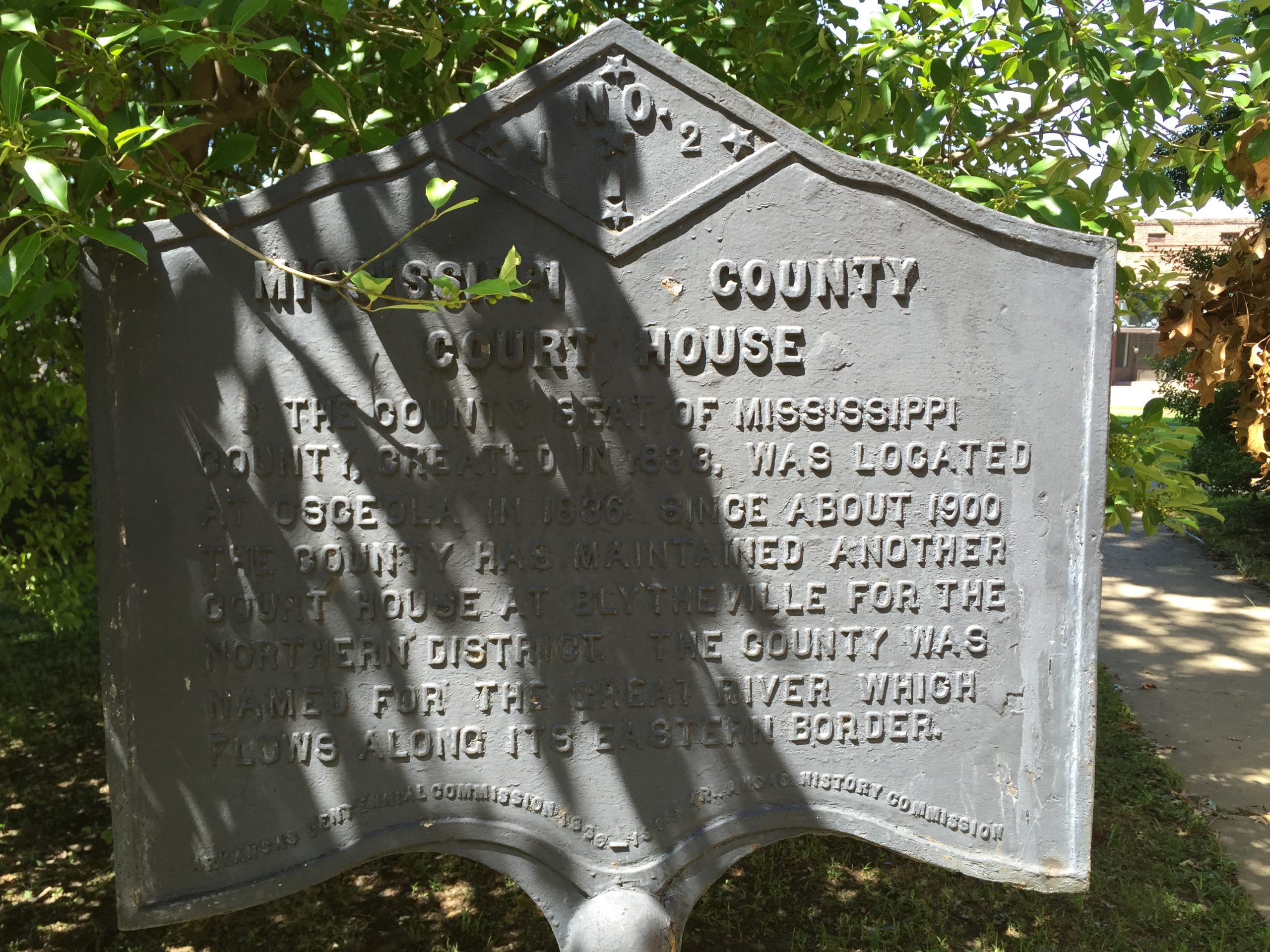The Story Behind the Book
My four-times-great-grandfather Henry Thomas Blythe founded a small delta town in the northeast corner of Arkansas in the late nineteenth century called Blytheville.
The town sits on land that was devastated by earthquakes two hundred years ago. Land once full of hills and countryside that became flat and damaged, prone to swamps and flooding. Land later settled and changed again into the land it is now. A land of vast fields, filled with row upon row of crops.
My mother grew up there and, though I did not, she and my father brought my siblings and me to the state often. For family, Razorback football, and horse races. Many of my earliest and most enduring memories are from those long-gone days of my youth.
Blytheville was the place I got to experience life in a way I never could anywhere else—spending time at our family farm, eating barbecue at the Dixie Pig, swimming at the Blytheville Country Club, and browsing for books at That Bookstore in Blytheville. It was another world to me. A world of different rhythms, habits, and thinking. A world that made sense at first glance but not always if you looked again. A world for me and my family but not for everyone.










